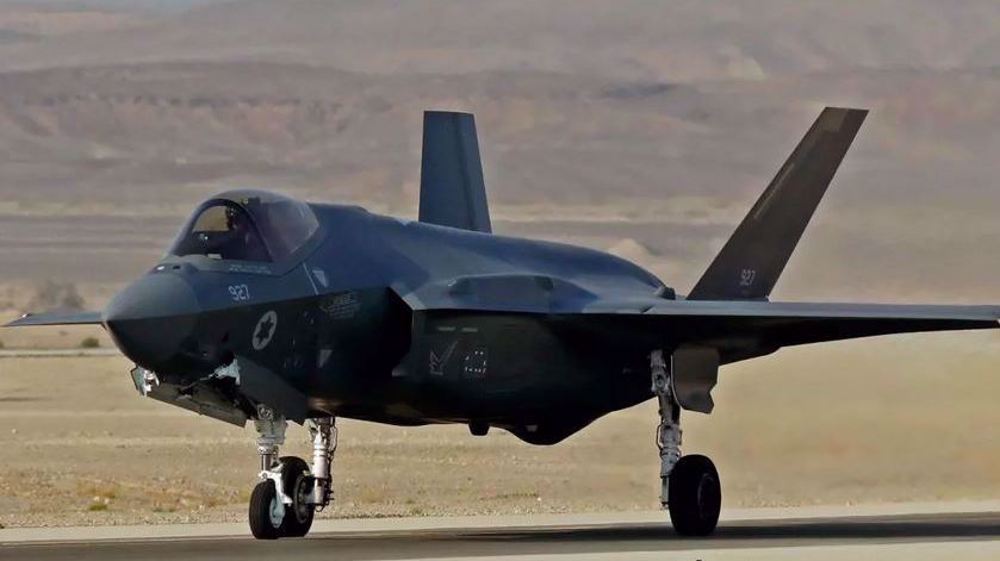A timeline of Grace 1's seizure and detention
Britain’s seizure of a supertanker carrying Iranian crude oil has proven to be a legal, diplomatic and political defeat for London. This is evident in Britain’s retreat following the Gibraltar “Supreme Court’s” decision to order the release of the tanker.
But how did Britain get entangled in this messy affair in the first place? Here is a brief story of Grace 1, and the embarrassment it caused to the British establishment.
On July 4th, British Royal Marines boarded the, formerly, Panamanian-flagged Grace 1 and seized it in an aggressive, military-style, operation.
Some days later, the captain of Grace 1 said the Royal Marines had used “brute force” in the operation. According to the captain, the Royal Marines had forced his unarmed crew to “kneel on the deck” at gunpoint.
Britain tried to justify the seizure of Grace 1 on the grounds of enforcing European Union (EU) sanctions on the sale of oil to Syria. But the British legal position was undermined from the outset by the EU’s silence, and indeed refusal, to endorse the seizure.
On July 13th, Britain offered to return the detained supertanker if Iran provided guarantees that the crude oil would not be shipped to Syria. Iran’s position from the outset was that the seizure was unlawful and the UK had no right to interfere with the tanker, regardless of its destination.
On July 19th, Gibraltar’s Chief Minister, Fabian Picardo, reportedly met Iranian officials in London as part of a broader “de-escalation” effort relating to the seizure and continuing detention of Grace 1.
On July 24, Dominic Raab replaced Jeremy Hunt as Britain’s Foreign Secretary, following Boris Johnson’s ascension to the premiership.
In his first major statement on the Grace 1 on July 29th, Raab discussed the issue in the context of Iran’s seizure of the British tanker, Stena Impero, in the Strait of Hormuz.
But Iran’s position on the matter was clear. Stena Impero had been detained for committing offences related to the Law of the Sea. By contrast, Grace 1 had been unlawfully detained on dubious grounds.
Following Raab’s intervention, Iran’s ambassador to the UK, Hamid Baeidinejad, explicitly ruled out an exchange of tankers.
On August 15th, in a dramatic climb down, the Gibraltar “Supreme Court” ruled that the supertanker, now renamed “Adrian Daria”, is free to sail.
What made this announcement even more dramatic was that just a few hours earlier the US Justice Department had tried to block the release as part of a last ditch attempt to illegally seize Adrian Daria.
Gibraltar officials said the “last-minute appeal” from the US Justice Department was not considered an “official” request before the Supreme Court. In other words, they chose to ignore the US request.
On August 16th, following its humiliation by Gibraltar and Britian, the US issued a warrant for the seizure of Adrian Daria.
This dramatic move by the US authorities confirmed what the Spanish Foreign Minister, Josep Borrell, had said at the very outset: namely that the Royal Marines’ seizure of the supertanker had been prompted by a US “request”.
Iranians protest against Israel after Netanyahu ICC warrant
Germany undecided on complying with ICC arrest warrants for Israeli war criminals
VIDEO | Former FBI agent criticizes US Congress for 'outright corruption'
IRGC chief urges Muslim countries to cut aid routes to Israel
'New chapter in cooperation': Iran, Venezuela sign new MoUs
Jordan sentences former lawmaker for supporting Palestinian resistance
Basij volunteer forces hold massive drills in southwestern Iran
Israeli war criminals 'not welcome', US city says after ICC ruling










 This makes it easy to access the Press TV website
This makes it easy to access the Press TV website